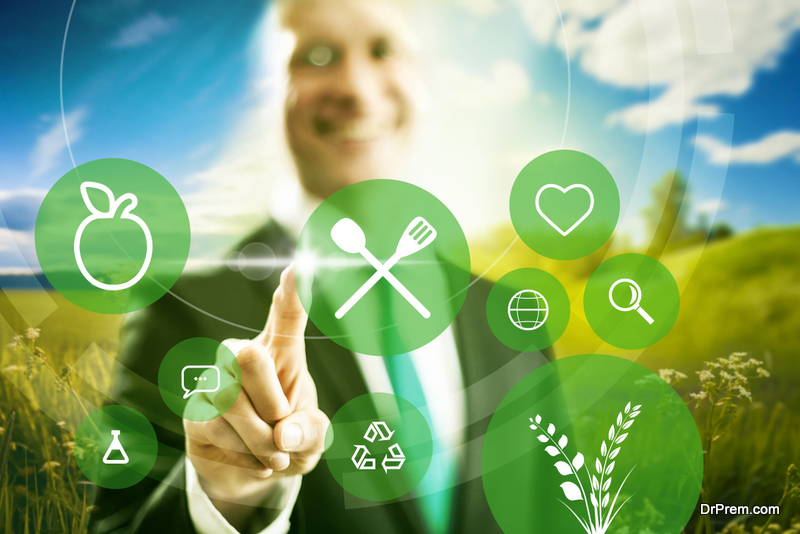The pandemic has changed the attitudes and views of the world for many people. The survey, conducted in 28 countries, showed that 86% of people would like to see the world after the global pandemic more sustainable and fair. Given the right incentives, more people are willing to opt for a more sustainable and healthier lifestyle, new research suggests.
For companies that offer simple and affordable solutions, this is a new opportunity as it can help people make more sustainable and healthier choices. In a world where one part of the population wastes 1.3 billion tons of food a year, and another suffers from hunger, more attention needs to be paid to how we produce and consume food. As the population grows, so does its dependence on agriculture, as it is the backbone of the food system. The researchers estimate that agriculture will need to increase production by 60-70% to meet the population’s demand, which will increase by several billion by 2050.
At the same time, agriculture and forestry are currently responsible for a quarter of greenhouse gas emissions. These emissions are the result of deforestation and livestock emissions. In addition, the amount of emissions is highly dependent on the management of nutrients and other resources and tillage practices.
3 Practices to Make Food Production Sustainable
In the modern world, various practices make various industries more sustainable. It applies not only to the methods of production itself but also to the supply chain and the reduction of waste. In this section, you will get information about these practices and how they work.
1. Constructing a Circular Economy

Local and circular food systems provide an opportunity to conserve valuable resources, including nutrients and minerals. Therefore, it is crucial to create and maintain such systems. Circular agribusinesses offer a host of benefits in terms of sustainability, reduced dependency on imports, and job creation.
Wastewater treatment can provide phosphates. Agricultural waste and food system losses can be used for composting. Thus, valuable nutrients will not end up in the trash but back into the soil. Organic waste can also come in handy, with the help of which bioenergy is produced to power homes and various businesses. Nature-based technologies enable the production of different valuable products, including animal feed, fertilizers, and compost.
Satellite remote sensing contributes to agricultural sustainability as well. Earth observation using remote sensing data provides valuable information to analyze crop growth and other aspects of agricultural production. With the help of remote sensing data, specialists can monitor the impact of this sector on the environment. Remote sensing technologies can also detect the application of sustainable management practices and can also be used to identify farmers who need support to make production more sustainable.
With the help of satellite data, farmers monitor the state of the crop throughout the growing season. With valuable data from various sources, farmers and other stakeholders have access to models to predict yields and provide indicators for sustainable development. In this way, agrarians can monitor multiple changes and plan the actions to increase the sustainability of production.
2. Reducing Food Waste
Reducing food waste is one of the most pressing issues in the food industry. Developed countries throw away vast amounts of food. On the one hand, this problem is caused by the long delivery process and the long distances these products cover, but on the other hand, there are also consumer habits. Tons of food goes to landfills, although it could be composted and avoid the greenhouse gas methane emissions. However, in addition to composting, attention must also be paid to reducing waste in the supply chain. Fortunately, today, many companies are setting themselves goals to reduce waste in production and retail delivery.
3. Increase transparency and traceability

By increasing transparency, consumers can accelerate the transition to sustainable agriculture. Consumers prefer sustainable brands because they have clear information about selected products. Farmers and farm products are the most trusted by consumers, but people would like access to farmland. Thus, the consumers can get more information about how farms work and their commitment to sustainable practices. The openness of farmers and transparency is vital for consumers to be sure that producers are working to reduce the negative impact on the environment.
Conclusion
Sustainability is not just a buzzword. It is essential to our future. Sustainable food production and distribution practices enable the food industry to become safer for consumers and provide them with access to healthy and fresh food. An important aspect is the reduction of damage to the environment. Sustainable development is relevant not only for agriculture but also for other production areas.
Article Submitted By Community Writer




